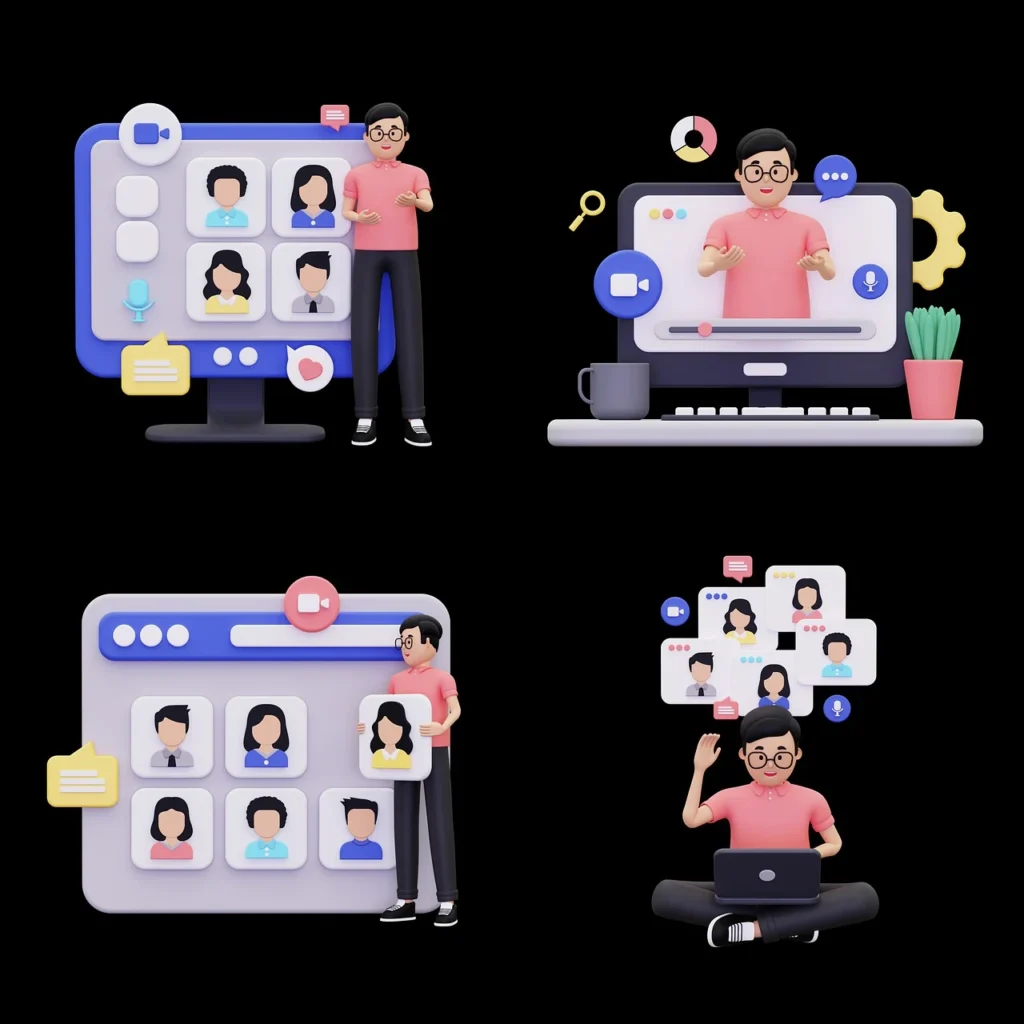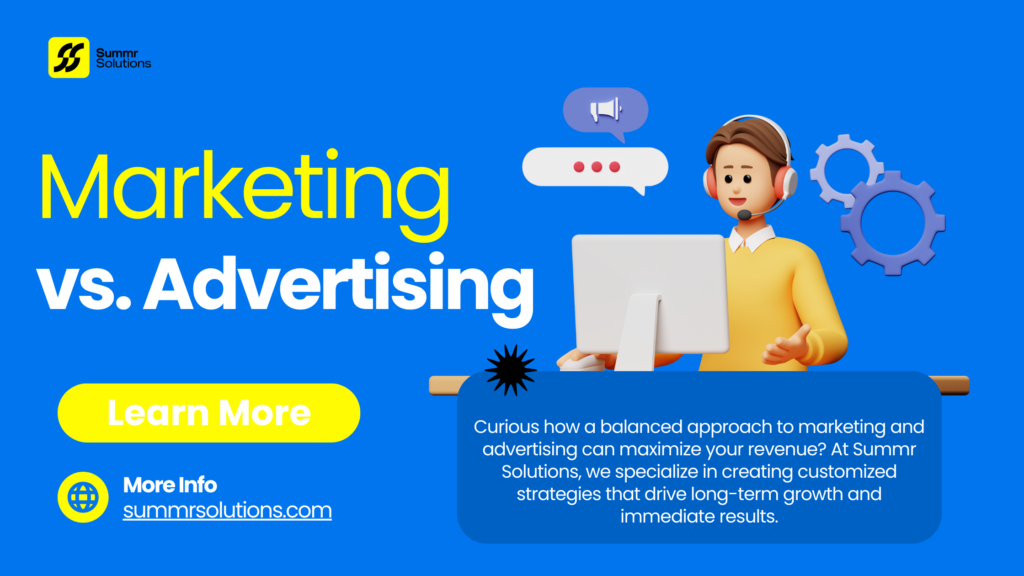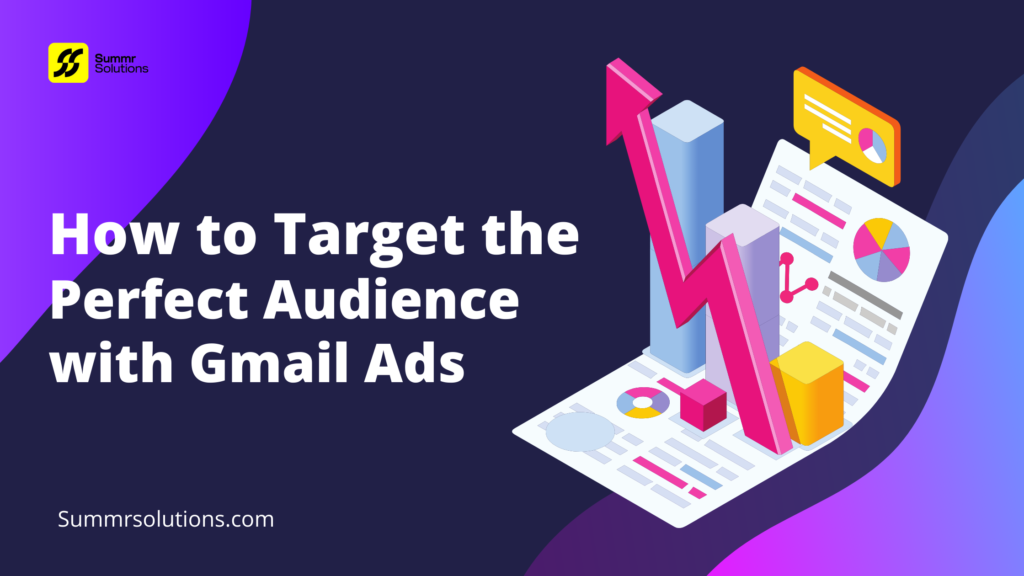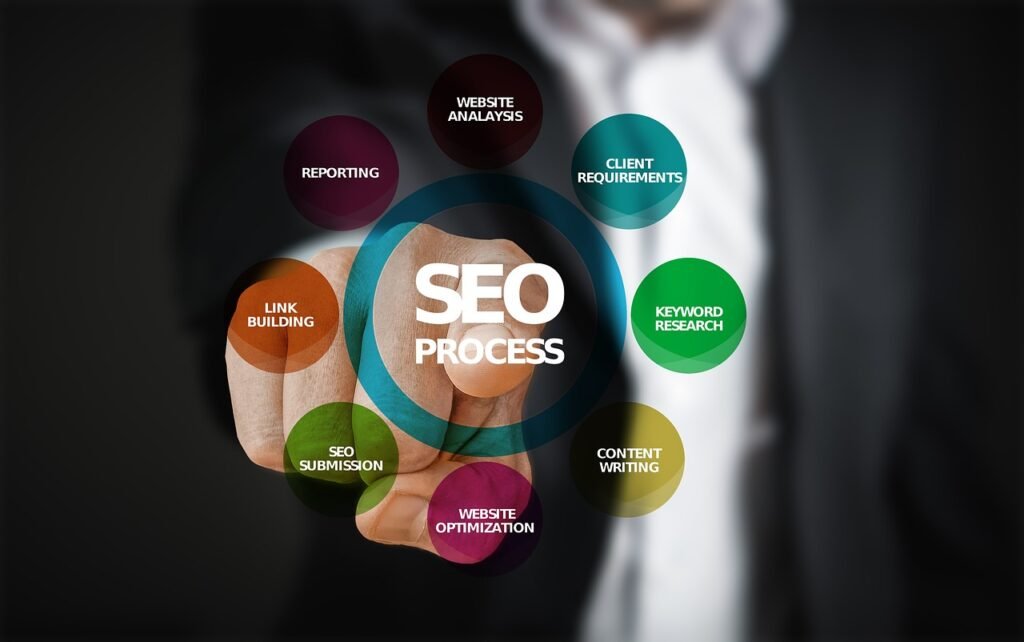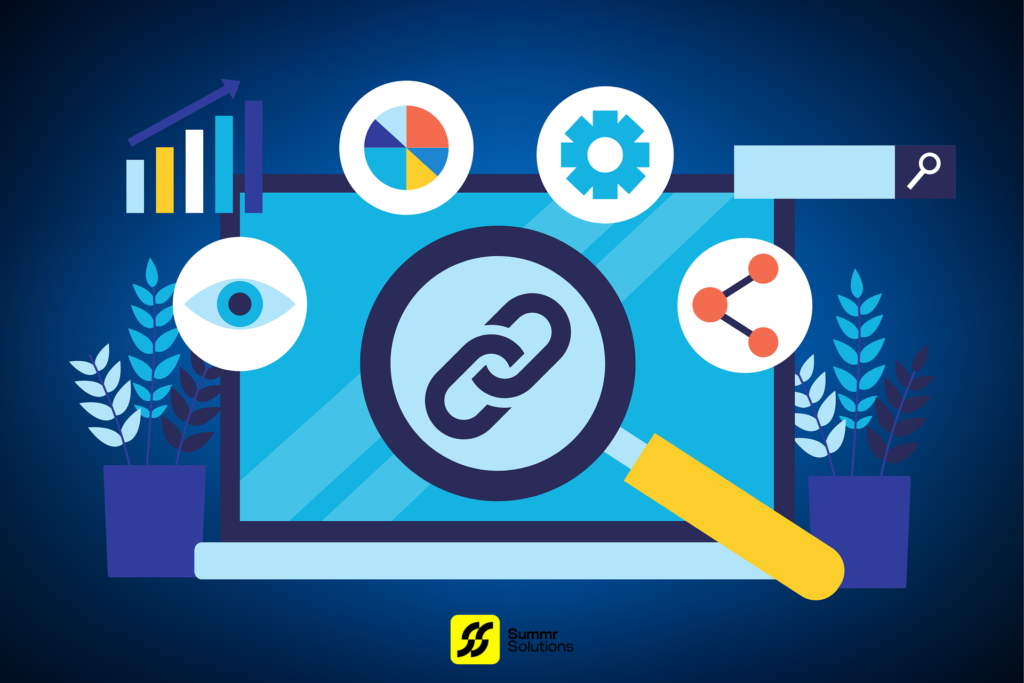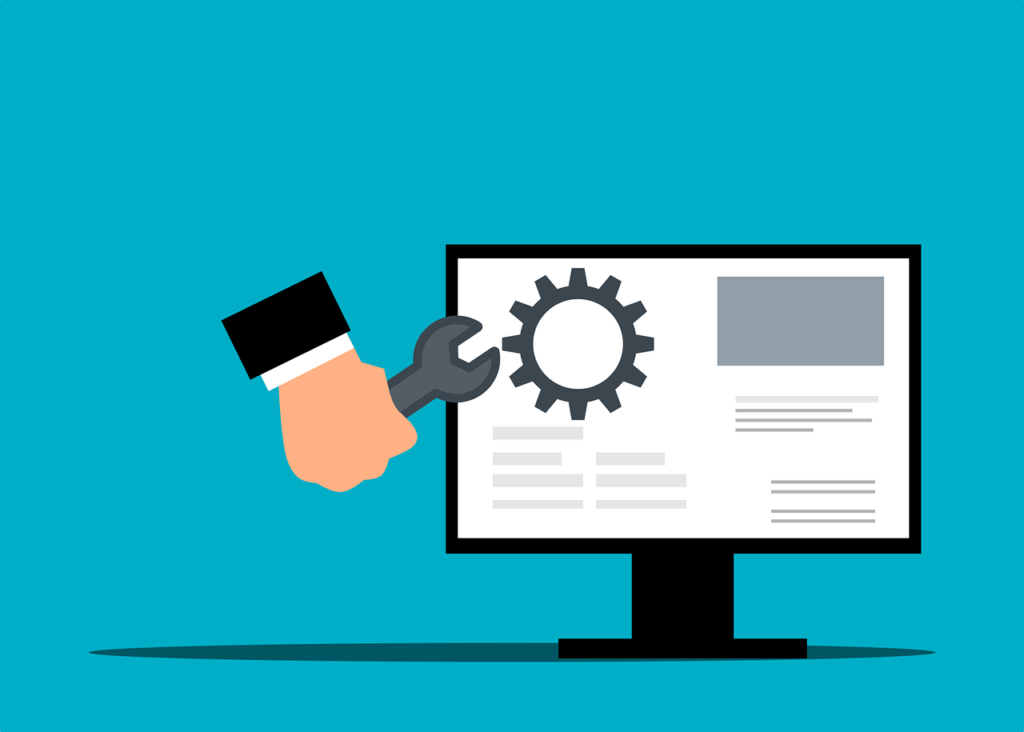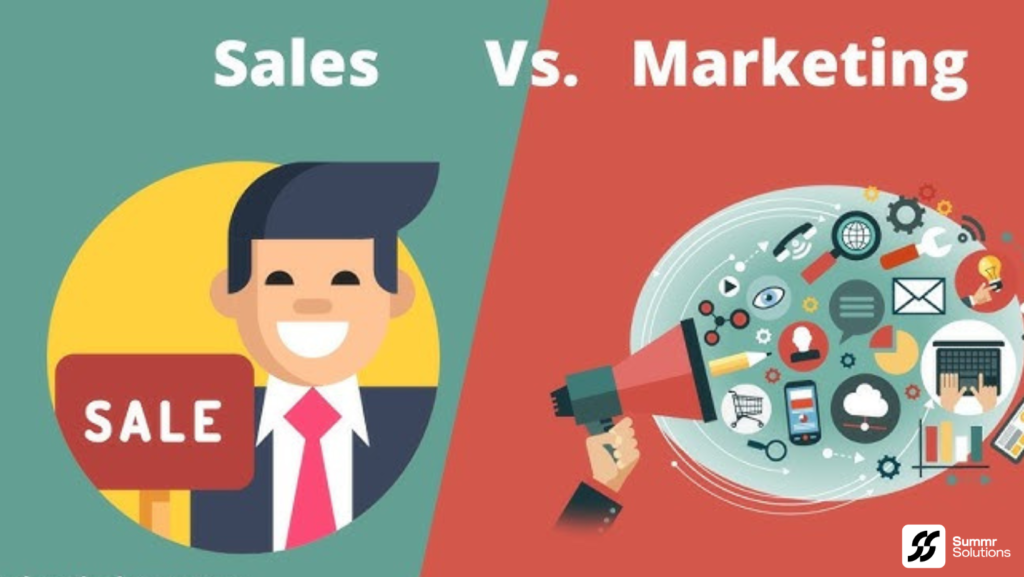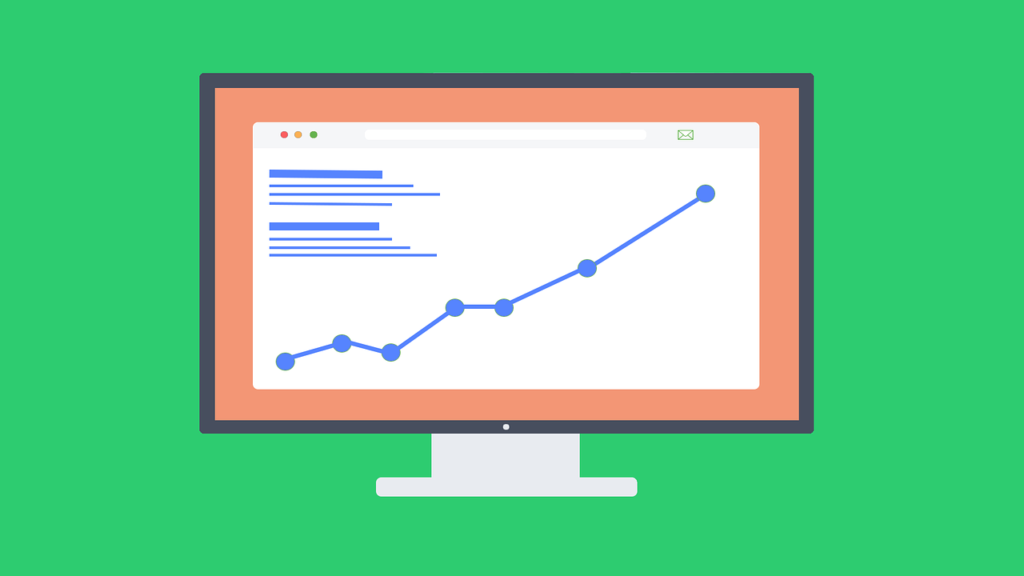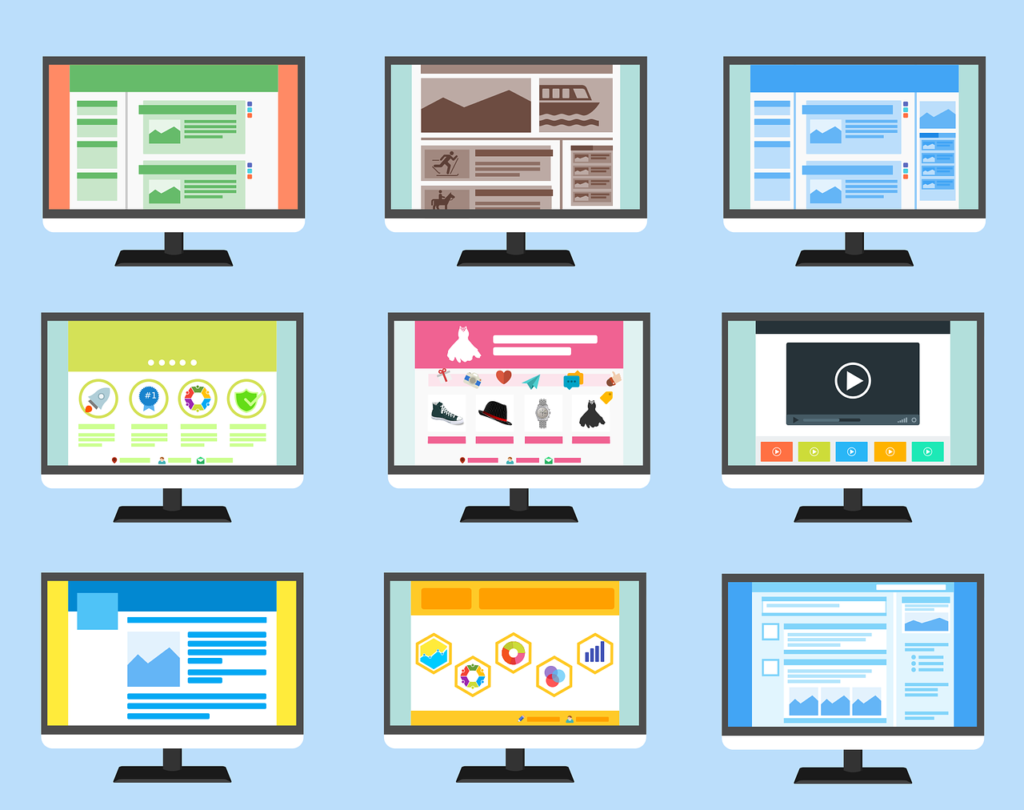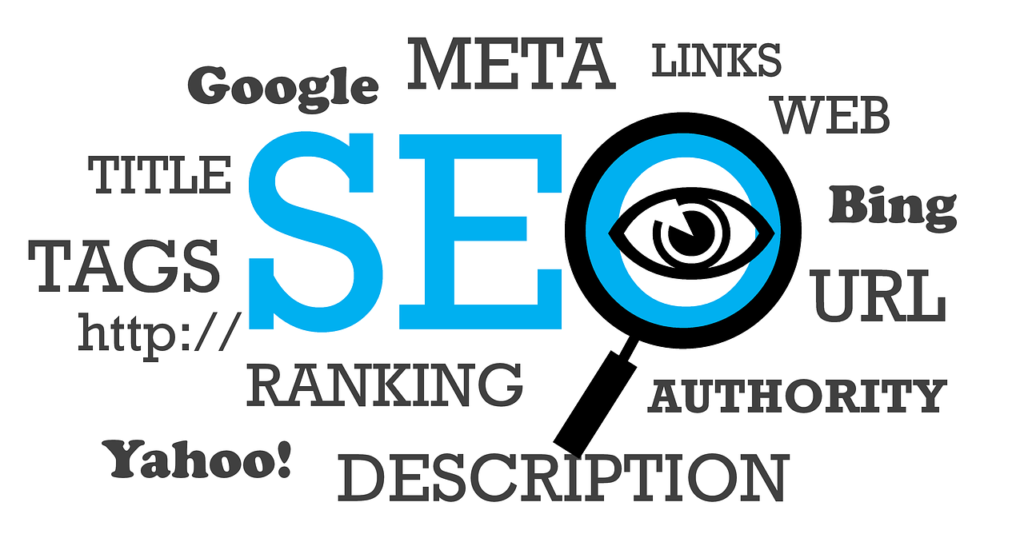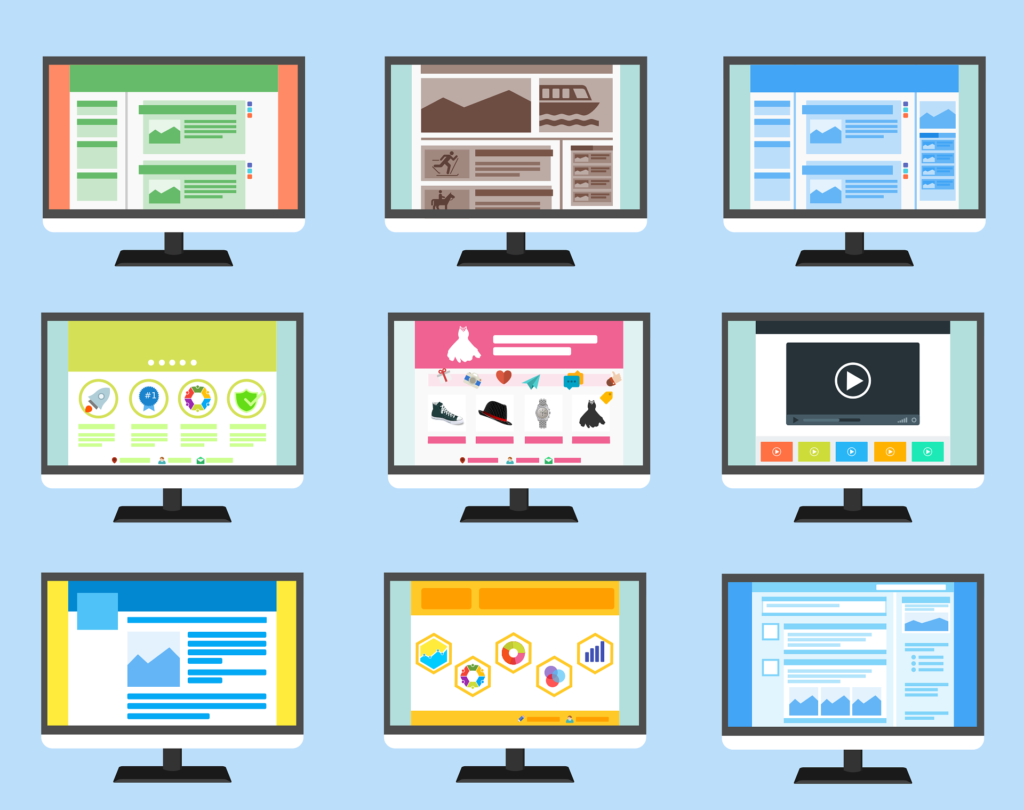Table of Contents
In an era defined by technological advancements, artificial intelligence (AI) has emerged as a groundbreaking force, reshaping industries and enhancing everyday life. From optimizing business operations to revolutionizing healthcare, AI technology growing popularity is not merely a trend—it’s a transformative movement that promises to redefine the future.
The Rise of AI technology
AI technology has seen exponential growth over the past decade, driven by a confluence of factors including the availability of vast data, improved algorithms, and increased computational power. As businesses strive to become more efficient and competitive, many are turning to AI to unlock new possibilities. This shift is not just about automation; it represents a paradigm shift in how organizations operate and engage with customers.Driving Efficiency and Innovation
AI’s ability to analyze vast amounts of data and generate actionable insights is a game-changer. For businesses, this translates to improved operational efficiency, reduced costs, and enhanced productivity. AI technology tools can automate routine tasks, freeing up human resources to focus on strategic initiatives that require creativity and critical thinking. In the manufacturing sector, AI-powered robotics are streamlining production processes, minimizing waste, and enhancing product quality. Similarly, in finance, AI algorithms are employed to detect fraud, assess credit risk, and optimize trading strategies, resulting in smarter investment decisions.Enhancing Customer Experience
A significant driver of AI’s popularity is its role in enhancing customer experiences. AI can personalize interactions, tailoring recommendations and services to individual preferences. This personalization fosters loyalty and satisfaction, as consumers are more likely to engage with brands that understand their needs. Take e-commerce, for example. Companies like Amazon leverage AI to analyze browsing and purchasing behavior, providing tailored product suggestions that boost sales. . Like at Summr Solutions, we help businesses implement similar AI-driven strategies to enhance their customer experience. Chatbots and virtual assistants further improve customer support, offering instant assistance and significantly enhancing response times.The Importance of Data
Data is the lifeblood of AI, and its growing importance cannot be overstated. As organizations accumulate more data than ever, the ability to harness this information is critical. AI technology enables businesses to analyze complex datasets, uncovering trends and patterns that inform decision-making. In sectors like healthcare, AI applications are revolutionizing diagnostics and patient care. By analyzing patient data, AI can assist doctors in identifying diseases earlier and predicting patient outcomes, ultimately improving healthcare quality.Addressing Ethical Concerns
With great power comes great responsibility. As AI technologies proliferate, ethical considerations surrounding data privacy, bias, and accountability become paramount. The potential for AI to perpetuate existing biases in data poses significant challenges, highlighting the need for diverse datasets and transparent algorithms. Additionally, as AI automates more tasks, concerns about job displacement arise. While AI can augment human capabilities, it is essential to approach this transition thoughtfully, ensuring that workers are retrained and supported in a changing job landscape.Future Implications of AI technology
As we look to the future, the implications of AI are profound. Industries such as transportation, education, and agriculture are poised for disruption. In transportation, AI technology will enable the development of autonomous vehicles, potentially reducing accidents and traffic congestion. In education, personalized learning experiences powered by AI can cater to individual student needs, transforming how we approach learning. However, the rapid evolution of AI also necessitates proactive governance. Establishing ethical frameworks and regulations will be crucial in mitigating risks and fostering public trust in AI technologies.Areas Where AI technology Is Making an Impact
Certainly! Here are some examples of tasks that AI is increasingly taking over across various industries:1. Customer Service
- Chatbots and Virtual Assistants: AI-powered chatbots are handling customer inquiries, providing 24/7 support, and resolving issues without human intervention.
- Sentiment Analysis: AI tools analyze customer feedback and social media interactions to gauge sentiment and inform customer service strategies.
2. Data Analysis
- Predictive Analytics: AI algorithms can analyze historical data to forecast future trends, helping businesses make informed decisions.
- Anomaly Detection: In finance, AI systems monitor transactions to detect fraudulent activities or unusual patterns in real time.
3. Marketing and Sales
- Personalized Recommendations: AI algorithms analyze user behavior to deliver tailored product recommendations, enhancing the shopping experience.
- Targeted Advertising: AI is used to segment audiences and optimize ad placements based on consumer behavior, maximizing ROI.
4. Manufacturing and Production
- Predictive Maintenance: AI predicts equipment failures before they occur, allowing for timely maintenance and minimizing downtime.
- Quality Control: AI vision systems inspect products for defects, ensuring quality standards are met consistently.
5. Healthcare
- Diagnostic Assistance: AI analyzes medical images (e.g., X-rays, MRIs) to assist radiologists in detecting diseases more accurately.
- Patient Monitoring: AI systems continuously monitor patient data, alerting healthcare providers to potential issues before they become critical.
6. Transportation
- Autonomous Vehicles: AI is driving the development of self-driving cars, which can navigate and make decisions based on real-time data.
- Traffic Management: AI analyzes traffic patterns to optimize signal timings and reduce congestion in urban areas.
7. Financial Services
- Algorithmic Trading: AI systems analyze market data and execute trades at high speeds, optimizing investment strategies.
- Risk Assessment: AI evaluates creditworthiness and assesses risks for loan approvals more efficiently than traditional methods.
8. Content Creation
- Automated Writing: AI tools can generate news articles, product descriptions, and social media posts, streamlining content creation.
- Video Editing: AI can assist in video editing by automating tasks like scene detection and color correction.
9. Human Resources
- Resume Screening: AI algorithms filter job applications, identifying qualified candidates based on specific criteria.
- Employee Engagement: AI-driven tools assess employee sentiment and engagement through surveys and feedback analysis.
10. Agriculture
- Precision Farming: AI analyzes soil health, weather patterns, and crop yields to optimize planting and harvesting schedules.
- Pest and Disease Detection: AI systems monitor crops for signs of pests and diseases, enabling timely interventions.








